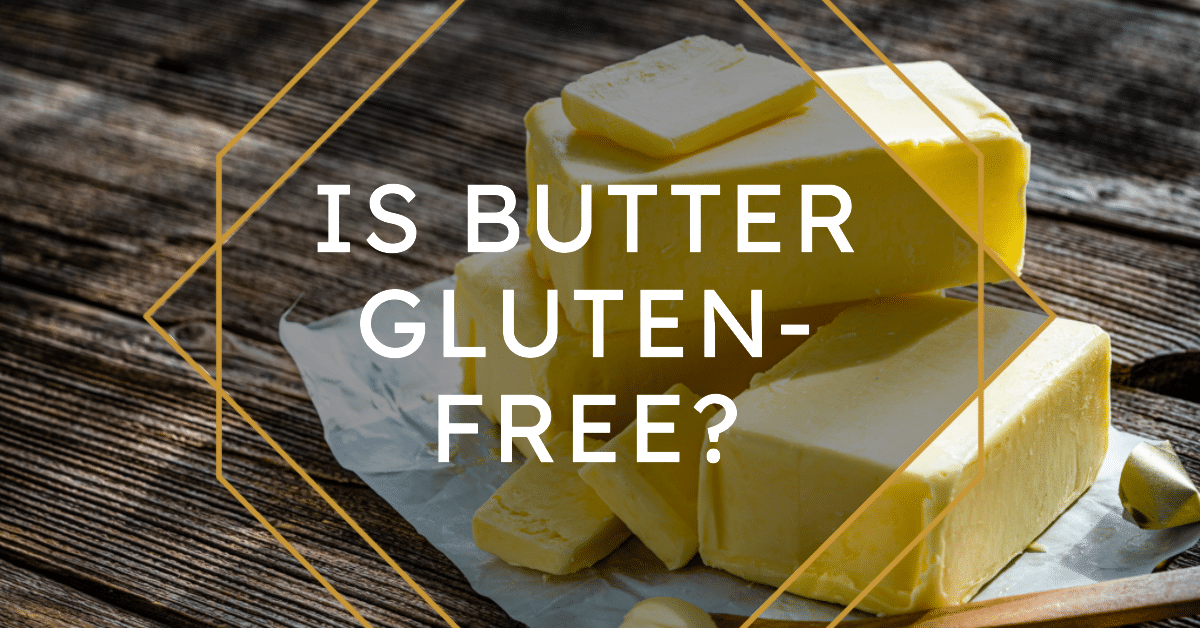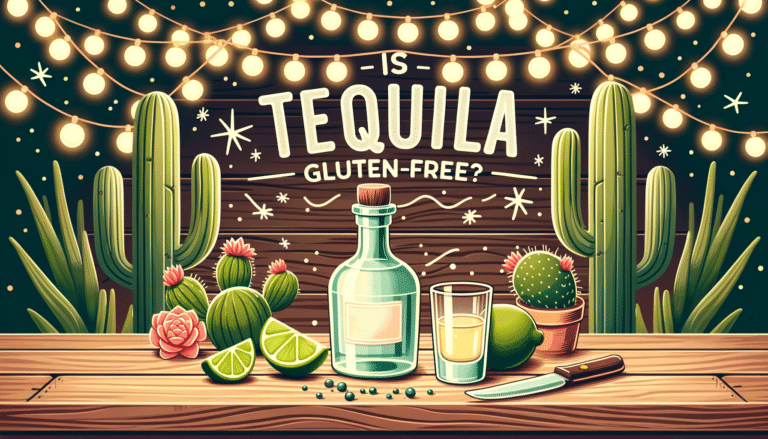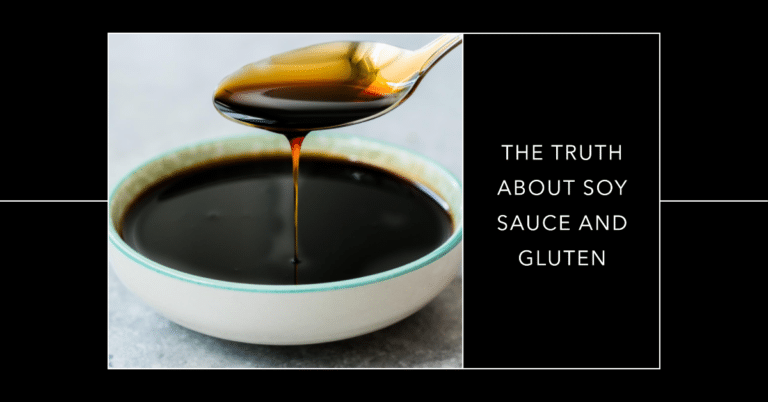Is Butter Gluten-Free? – Tips for Celiacs Navigating the Dairy Aisle

Is butter gluten-free? Yes, it generally will be – but for those with celiac disease or gluten allergies, the devil is in the details.
Trace amounts of gluten can make their way into butter during processing, and additives in flavored or formulated butters may raise red flags.
Read on to uncover the facts about hidden gluten in butter and learn how to spot risky ingredients to avoid inadvertently consuming gluten when you shouldn’t.
Key Takeaways
- Pure butter made from creamy milk is naturally gluten-free.
- Butter substitutes and margarine might contain gluten due to sneaky additives and vegetable oils used in their production.
- Flavored or specialty butter could have gluten-containing additives lurking within, and there’s even a risk of cross-contamination during production or during food preparation.
- It’s important to read labels like a detective on a case, ask about the butter used in restaurants, and take precautions to prevent gluten contamination.
The Basics of Gluten in Butter Products
Let’s clear up some common misconceptions about gluten in butter, shall we? Contrary to what some may believe, butter doesn’t have gluten in its DNA.
Gluten is a protein found in baked goods that gives dough its bounce and texture. But good old butter? Nope, no gluten there (usually).
Now, here’s the scoop: butter and substitutes like margarine may contain gluten due to additives or vegetable oils processed with gluten-containing ingredients.
The good news is you can take precautions by taking the time to read those labels and look for the certified gluten-free symbol.
Not sure how to know if something is gluten-free? My complete guide explains all…
Identifying Gluten in Butter Spreads and Margarine
Margarine and butter spreads may try to imitate the taste and look of natural butter, but you have to watch out for hidden gluten additives!
Those with celiac disease or who are sensitive to gluten need to pay particular attention to this.
Let’s crack the case and identify potential gluten culprits in these spreads and margarine:
| Gluten Containing Ingredients | Possible Sources |
| Wheat Flour | Thickening agents, flavorings |
| Barley Malt Extract | Flavorings, sweeteners |
| Rye Flour | Flavorings, colorings |
| Oat Flour | Flavorings, texture enhancers |
Potential Contamination of Plain Butter
Plain butter might seem innocent enough, but it could potentially cozy up to gluten through flavored or specialty additives.
Concerns about health risks from gluten contamination in butter products then arise as a result of this.
While the chances of plain butter getting contaminated are generally low, cross-contamination can happen during production or when using a butter knife that’s been around bread.
To keep gluten at bay in your kitchen, designate a separate butter plate and knife for anyone unable to consume gluten, particularly celiacs, who can react to even trace amounts of gluten [1].
Better to be safe than sorry!
Precautions When Dining Out As A Celiac
When dining out, folks with celiac disease should always snoop around and ask about the ingredients used in the restaurant’s butter substitutes.
It’s all about taking precautions for their health and well-being.
Here are some crucial steps to consider:
- Read those labels like a boss and inquire about the butter used in restaurants. Some sneaky places may use butter substitutes with gluten.
- Dig deeper and ask about cross-contamination risks in the kitchen. Special utensils and plates can save the day and prevent accidental gluten contamination.
Is Butter Gluten-Free? – The Importance of Being Vigilant
Being on high alert and staying informed is crucial for any celiac. Avoiding gluten-related health issues requires diligence as I’ve come to learn!
Whether that’s taking the steps to avoid cross-contamination or examining labels with a fine-toothed comb, you can never be too careful when it comes to your health.
By being ever-vigilant about potential gluten-containing butter and butter alternatives, you can take the steps necessary to prevent adverse reactions.
I’ve certainly learned how to manage my condition more effectively by taking this approach, even if it means coming across as ‘picky’ or ‘attention seeking’.
And always remember – if in doubt – don’t eat it!
Disclaimer: This content is based on my personal experience as an individual diagnosed with celiac disease and IBS (Irritable Bowel Syndrome) who follows a strict gluten-free diet. This does not constitute medical advice. Please consult a medical professional, nutritionist, or qualified dietitian for personalized, professional advice.






